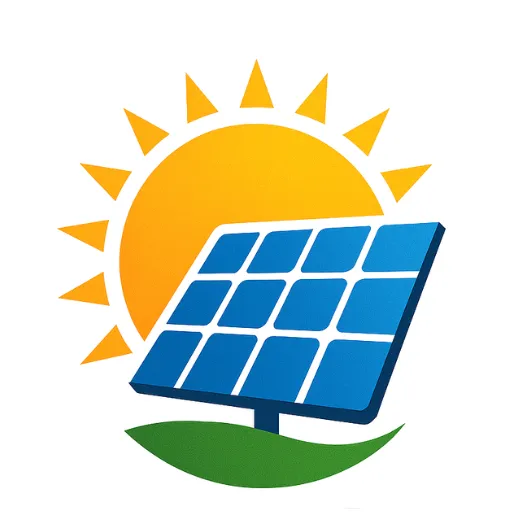When it comes to harnessing solar energy, choosing between an on-grid and an off-grid solar system is a crucial decision for homeowners and businesses alike. Each system has its unique benefits, costs, and applications. Let’s break down the key differences to help you decide which one suits your needs better.
What is an On-Grid Solar System?
An on-grid solar system, also known as a grid-tied system, is connected to your local utility’s power grid. It allows you to use solar power during the day and switch to grid electricity when solar energy is insufficient (like at night or during cloudy weather).
Key Features:
- Reduces electricity bills significantly
- Excess power is sent back to the grid (net metering)
- No need for batteries, lowering the overall cost
Best For: Urban homes, businesses, and places with reliable grid access.
What is an Off-Grid Solar System?
An off-grid solar system operates independently of the electricity grid. It relies entirely on solar panels and battery storage to supply power 24/7.
Key Features:
- Complete energy independence
- Ideal for remote locations without grid access
- Requires batteries and sometimes backup generators
Best For: Remote homes, farms, and areas with frequent power outages.
Major Differences at a Glance
| Factor | On-Grid System | Off-Grid System |
|---|---|---|
| Connection | Linked to utility grid | Completely independent |
| Power Backup | Uses grid as backup | Requires batteries |
| Installation Cost | Lower (no batteries) | Higher (battery + inverter cost) |
| Maintenance | Relatively low | Requires battery maintenance |
| Suitability | Cities, towns | Villages, remote locations |
Which One Should You Choose?
- If you live in a city with stable power supply and want to cut down electricity bills, an on-grid system is perfect.
- If you live in a remote area or want total energy independence, go for an off-grid system, despite the higher initial investment.
Final Thoughts
Both systems help reduce your carbon footprint and energy expenses, but your location, energy needs, and budget should guide your choice. With solar technology evolving rapidly, it’s easier than ever to switch to clean, renewable energy that fits your lifestyle.
Read More:
- Home Solar Energy Storage Systems: Reliable Support for Renewable Energies
- Recent PV Subsidy Policies and News You Need to Know
- A Deep Dive into LCOE (Levelized Cost of Energy) and Solar Energy
- Why Microcracks Are Killing Your Solar Panels – And How to Stop It
- Solar Panel Carbon Footprint (CO2) Balance: How Green is Solar Energy Really?

